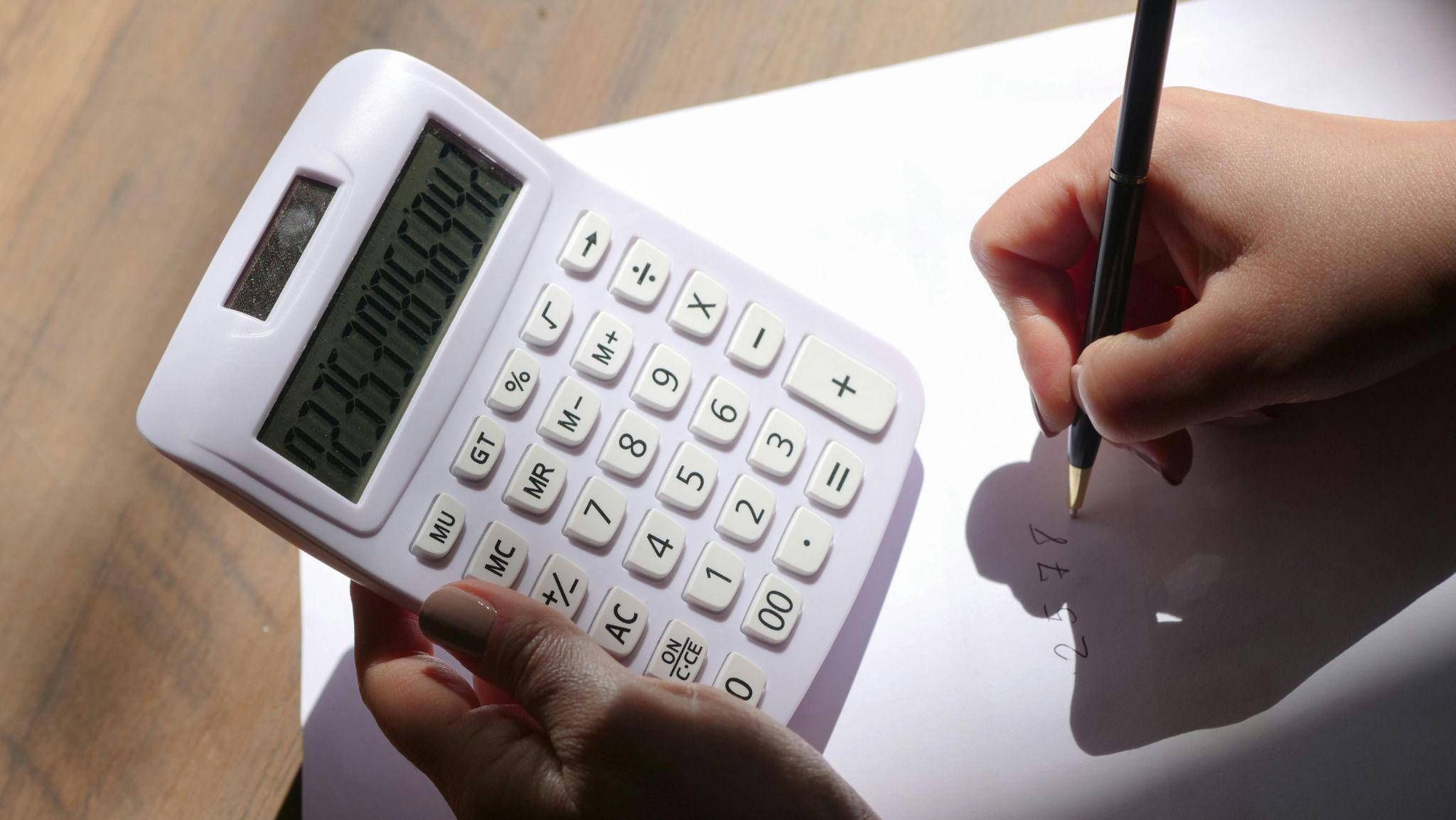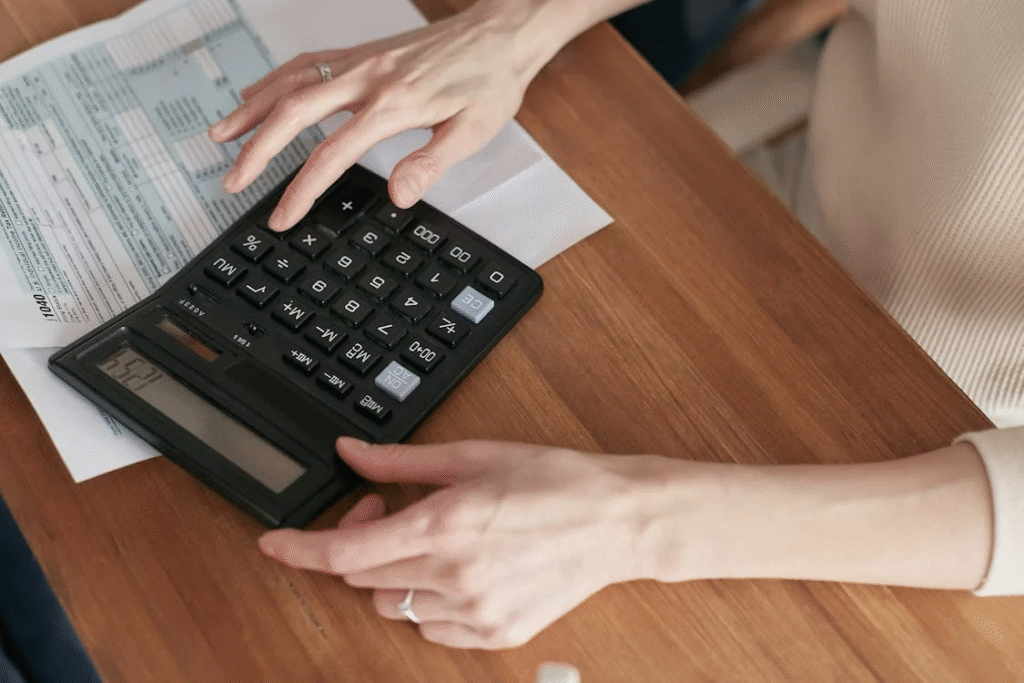
The 179D deduction for energy-efficient buildings offers significant tax savings for commercial building owners and designers. This program is designed to encourage energy efficiency by offering deductions for qualifying upgrades or new construction that meet specific energy-saving standards.
Who Qualifies for the 179D Deduction?
Eligibility extends to:
- Building Owners:Owners of commercial buildings with qualifying energy-efficient systems.
- Tenants:Those who bear the costs of qualifying upgrades.
- Designers:If the project involves government or tax-exempt properties, the deduction can apply to the primary designer responsible for the energy-efficient system. This typically refers to architects, engineers, or contractors tasked with designing energy-efficient systems in commercial buildings.
The deduction is available for both new construction and retrofits. However, the improvements must meet the standards set by the American Society of Heating, Refrigerating, and Air Conditioning Engineers (ASHRAE).
What Systems Qualify?
The 179D deduction for energy-efficient buildings applies to specific systems installed in commercial properties, including:
- Interior Lighting Systems
- Heating, Cooling, and Ventilation (HVAC) Systems
- Hot Water Systems
- Building Envelope(walls, roofs, and foundations that enclose the building space)
To qualify, these systems must reduce annual energy costs by at least 25% compared to ASHRAE’s Reference Standard 90.1.
How to Calculate the 179D Deduction

For projects placed in service from 2023 onwards, the deduction amount is calculated as follows:
- Base Deduction: $0.50 per square foot for a 25% energy savings.
- Incremental Bonus: An additional $0.02 per square foot for each 1% of energy savings above 25%.
- Maximum Deduction: $1.00 per square foot for achieving 50% energy savings.
If prevailing wage and apprenticeship requirements are met, the maximum deduction increases fivefold, reaching up to $5.00 per square foot.
For properties placed into service before 2023, the deduction was capped at $1.80 per square foot for achieving 50% energy savings, with partial deductions available for systems meeting reduced savings thresholds.
Certification Requirements
To claim the 179D deduction for energy-efficient buildings, third-party certification is mandatory. The certifier must verify that the systems comply with energy-saving requirements. Additionally, calculations must use IRS-approved software to compare the property’s energy costs with ASHRAE standards.
Why Consider the 179D Deduction?
The 179D deduction provides a valuable opportunity to reduce tax liability while actively supporting sustainable practices. By incentivizing energy-efficient building design and upgrades, it encourages environmental responsibility among businesses and property owners. It also helps businesses achieve significant savings on long-term operating costs. This deduction is a smart choice that benefits the bottom line, supports environmental goals, and promotes a more sustainable future.
Enjoy Tax Savings With the 179D Deduction for Energy-Efficient Buildings
Understanding tax benefits like the 179D deduction for energy-efficient buildings requires detailed attention. As a personal tax accountant, Nidhi Jain CPA specializes in helping businesses and individuals in the Bay Area optimize their tax strategies.
For more tax management tips and insights, please visit our blog. We share expert advice on navigating complex tax regulations, maximizing deductions, and implementing efficient strategies to reduce your tax liability.



